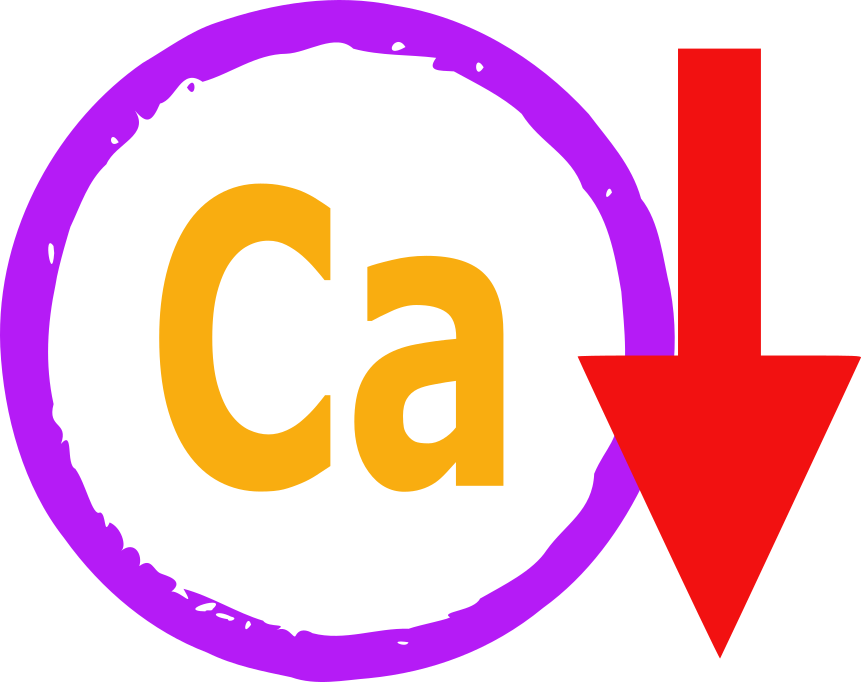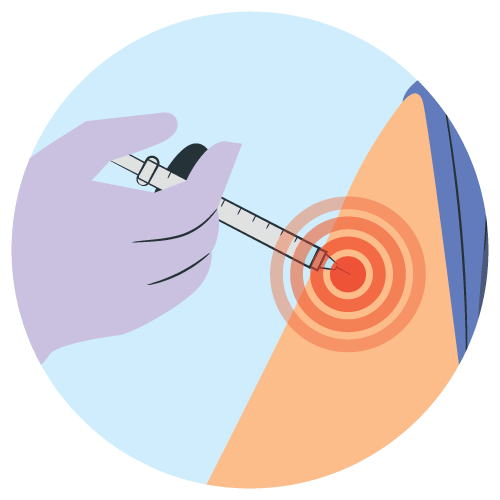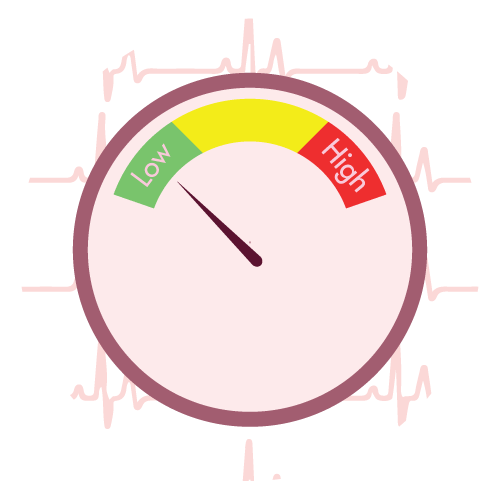| Name | Calcium Chloride |
| Classes |
Electrolyte and Mineral Nutritional Supplement |
| Diseases |
Arrhythmia Cardiovascular Disease Hypocalcemia (Low Calcium) Magnesium Toxicity |
Calcium Chloride
Calcium Chloride is used as a calcium supplement. Calcium is the fifth most abundant element in the body and the major fraction is in the bony structure. Calcium plays important physiological roles, many of which are poorly understood. It is essential for the functional integrity of the nervous and muscular systems. It is necessary for normal cardiac function and is one of the factors that operates in the mechanisms involved in the coagulation of blood.
- Only gradual intravenous injections (not to exceed 1 mL/min) of 10% calcium chloride injection, USP are used, ideally in a central or deep vein.
- In hypocalcemic diseases, the normal adult dosage varies from 200 mg to 1 g (2 10 mL) given at 1 to 3 day intervals, depending on the patient's reaction and/or serum ionized calcium readings. The fast excretion of calcium may necessitate repeated doses.
- In hypocalcemic diseases, the pediatric dosage varies from 2.7 to 5.0 mg/kg hydrated calcium chloride (or 0.136 to 0.252 mEq elemental calcium per kg, or 0.027 to 0.05 mL of 10 percent Calcium Chloride Injection per kg). Although textbook references indicate repeating dosages every 4 to 6 hours, no data from clinical trials is available.
Rapid infusion may cause the following side effects-
- Tingling sensation
- Taste disturbances (metallic taste)
- Heat wave
- Burning at injection site
- Moderate hypotension
- Do not administer unless solution is clear and seal is intact. Discard unused portion.
- Calcium should be given with caution to a patient who is digitalized or taking effective amounts of digitalis or digitalis-like medications because of its cumulative effect.
- To reduce venous irritation and unwanted effects, injections should be given slowly with a short needle into a large vein. Because of the risk of cardiac syncope, it's especially crucial to keep a high concentration of calcium from reaching the heart.
- Calcium Chloride (CaCl2) 10% USP injection irritates veins and should not be injected into tissues due to the risk of severe necrosis and sloughing. Extravasation or inadvertent injection into perivascular tissues should be avoided at all costs.
- This product contains aluminum, which is potentially hazardous. If kidney function is poor, prolonged parenteral injection of aluminum may result in hazardous amounts. Premature neonates are particularly vulnerable since their kidneys are underdeveloped and they require substantial doses of aluminum-containing calcium and phosphate solutions.
Contraindication
Contraindicated in patients hypersensitive to any component of the peparation.
None known.
Calcium Chloride is contraindicated in-
- cardiac resuscitation in the presence of ventricular fibrillation
- in patients with the risk of existing digitalis toxicity
- asystole and electromechanical dissociation
 Bangla
Bangla English
English



